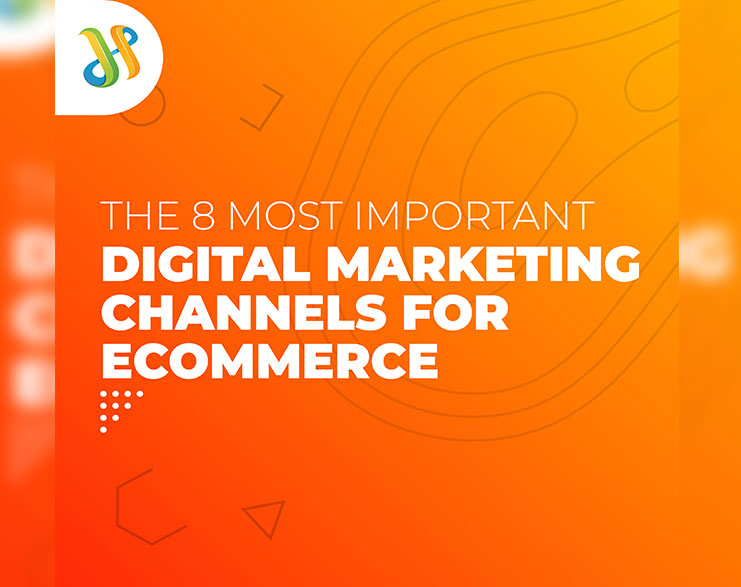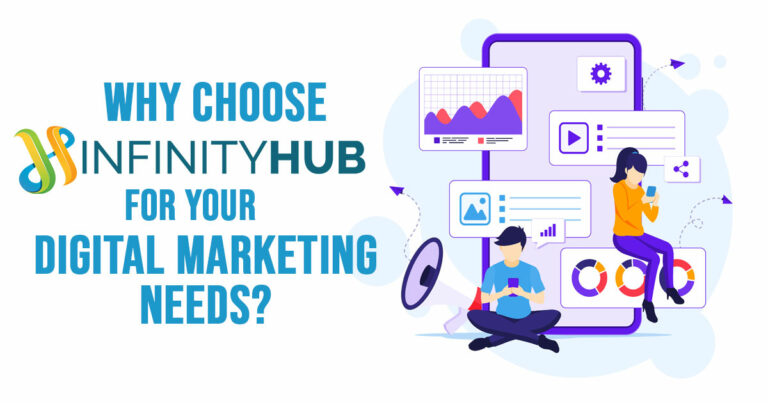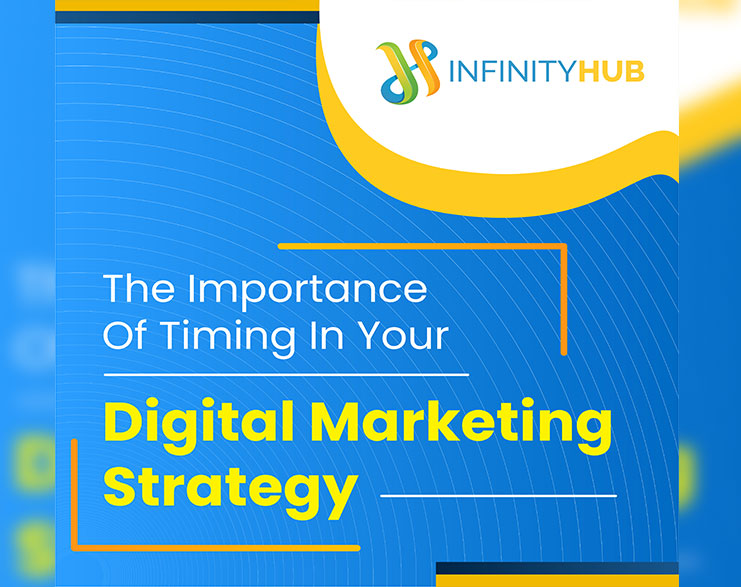1. Organic Traffic

Looking for the most important digital marketing channels for e-commerce? You’ve come to the right place! One of the most important digital marketing channels for eCommerce is Organic. The organic digital marketing channel includes all website traffic that comes from search engines such as Google, Bing, Yahoo, or DuckDuckGo.com. Know more!
People will discover your website based on searching for a specific topic or product. If your online store is well optimized, search engines will position it among the top results of search pages that can surely get you, a potential client, based on the traffic of your business. If you want more traffic for your business, invest in search engine optimization (SEO).
2. Email Traffic

The email digital marketing channel includes all website traffic that comes from your business email messages. If your email marketing is poor, prospects would not choose you and look for similar businesses that provide better email marketing. Try to consider this.
Those email messages can be part of:
- Promotional email campaigns (ex: Christmas Sale, Anniversary Sale, Holiday Sale)
- Triggered email campaigns (ex: shopping cart abandonment emails)
- Transactional email campaigns (ex: order confirmation email)
- In order to drive traffic from email, you will need to grow your email list to gain more customers.
3. Paid Search Traffic
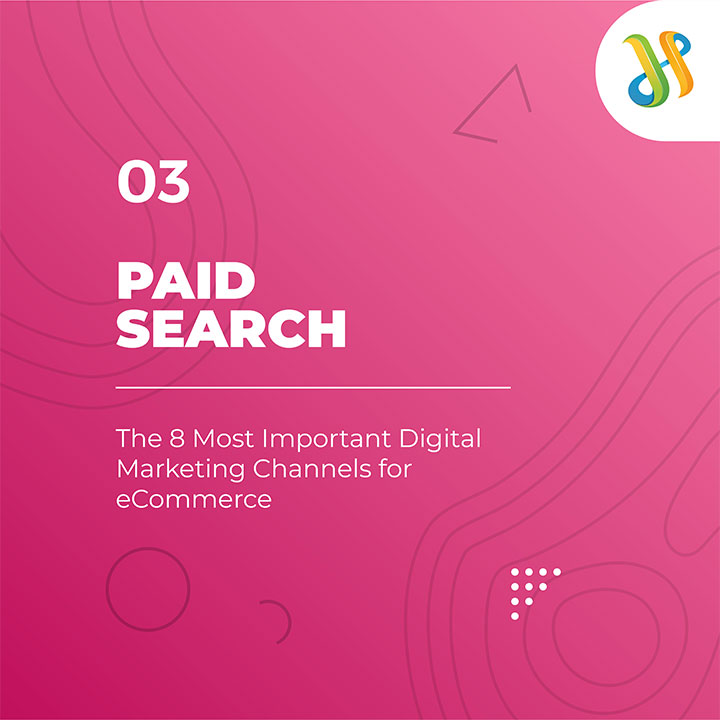
The paid search digital marketing channel includes all website traffic that comes from paid ads on search engines. See more! It may also be referred to as search engine marketing (SEM) or pay-per-click (PPC).
Search engine campaigns can be launched on the following networks:
- Google Adwords
- Bing Ads
Online stores looking to drive traffic from search engine marketing should focus on launching their Google Shopping campaigns or Bing Product Ads since those types of ads produce among the best return on investment for eCommerce.
4. Content Marketing Traffic

The content marketing channel includes all website traffic that comes from your blog, videos, graphics, and digital downloads such as buying guides. Know more!
Content marketing can also be referred to as Inbound Marketing, a term used by Hubspot.
Creating content that provides value (helpful) or entertainment can help eCommerce businesses drive traffic to their online stores since this content will be picked up by search engines or shared on social media.
5. Social Media Traffic

The social media digital marketing channel includes all website traffic that comes from social media networks such as Facebook, Instagram, Pinterest, Youtube, Twitter, Snapchat, and more.
Traffic from social media can be free organic traffic or paid advertisements.
Over the past couple of years, social networks have been making it difficult for eCommerce businesses to get noticed using free initiatives. They want you to pay to play.
If you’re thinking of launching paid ads on social networks, consider the following:
- Facebook Ads
- Instagram Ads
- Pinterest Ads
- Youtube Ads
- Twitter Ads
- Snapchat Ads
6. Affiliates Traffic

The affiliate digital marketing channel includes all website traffic that comes from affiliate partners in exchange for a commission on all completed orders.
In affiliate marketing, you are going to use a third-party publisher to help your business buy your products or services. It is a process of earning money every time you promote a company’s product or services and drive a sale.
7. Referrals Traffic
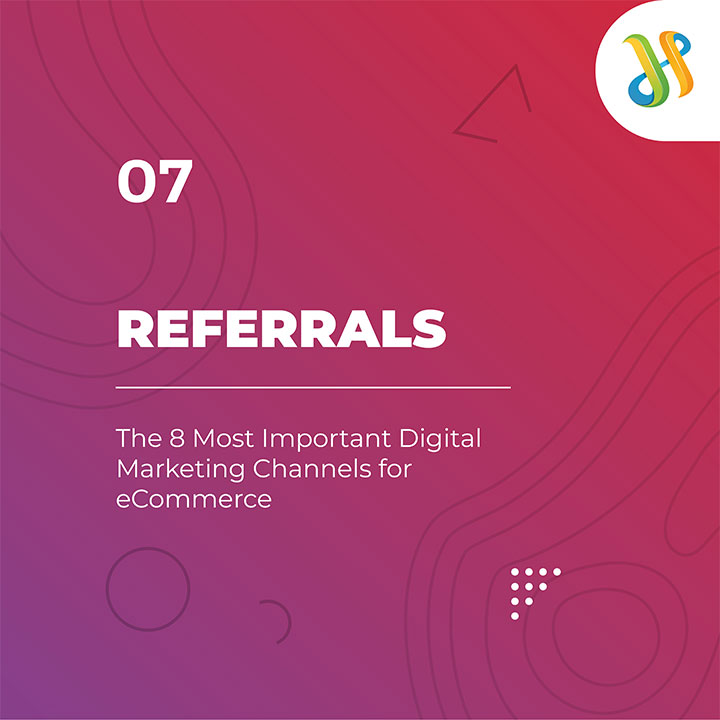
The referrals digital marketing channel includes all website traffic that comes from literally everything else on the internet including apps.
It can include websites where you may be running display ads, sponsored blog posts, updated posts, or digital newspapers. I usually include anything that’s not included in the other 7 channels both organic and paid.
8. Direct Traffic
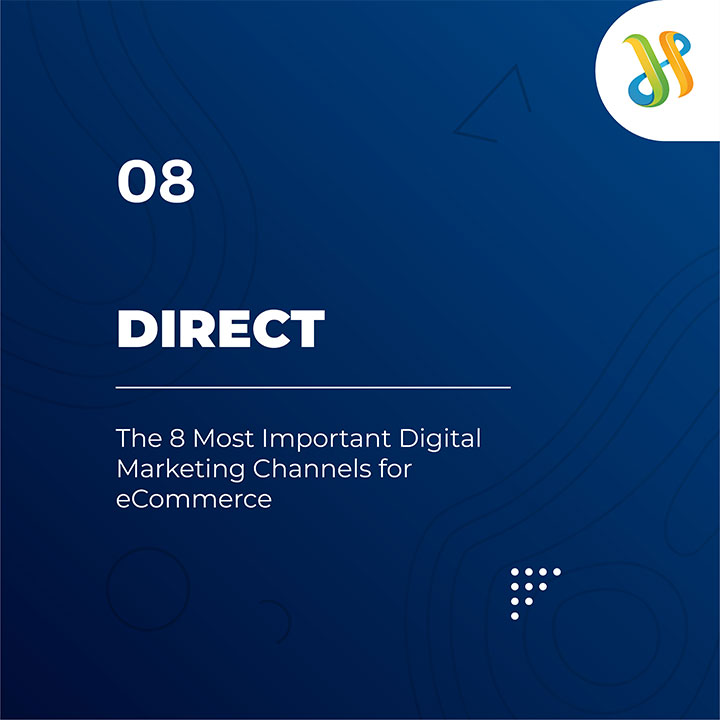
The direct traffic channel includes all website traffic that comes directly to your website with no referring website. People usually either type your website URL directly in their web browser or access their bookmarks.
Direct traffic allows you to also measure some of your offline marketing efforts such as radio, tv, or events. For example, when people see your ad on tv, they might use their smartphone to access your website directly.
Conclusion
The one thing to always recommend when creating a digital marketing strategy for your start-up business or existing business is to define your objectives (goals) as well as establishing your performance metrics. That’s the only way you can monitor the performance of your business and be able to do more of what works and plan how to get more customers online.

